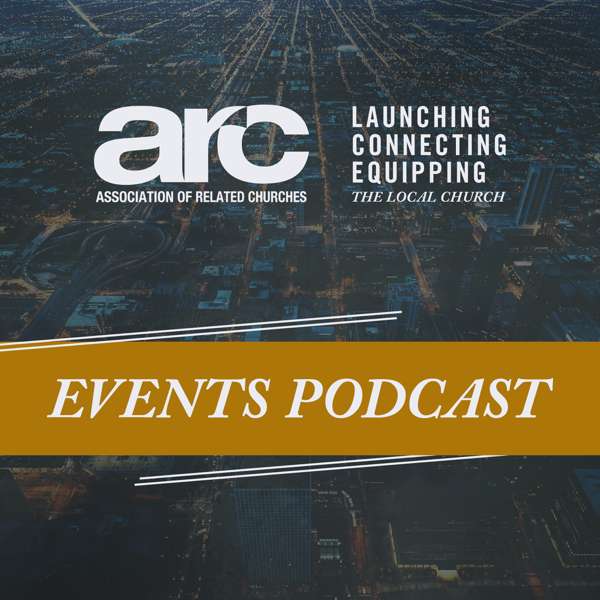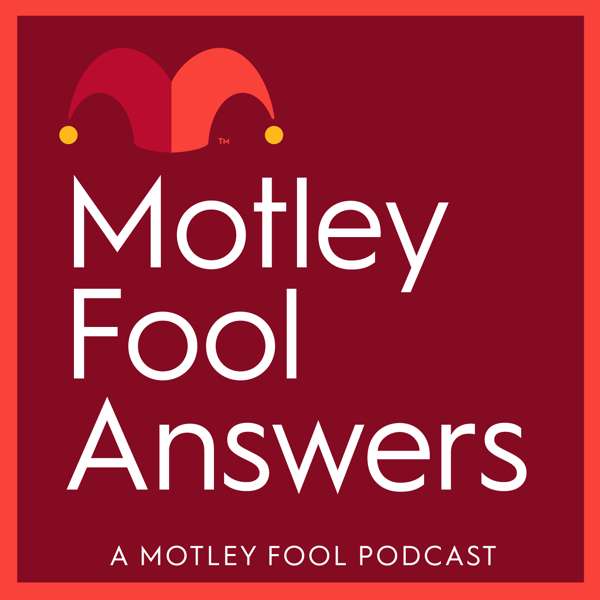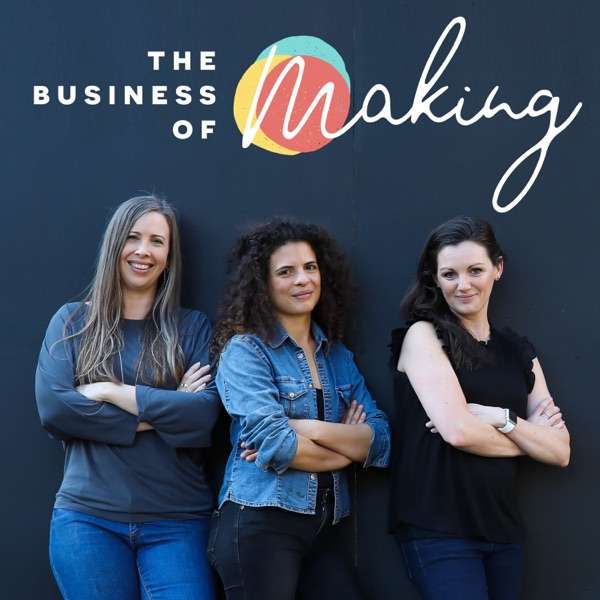Bitcoin is still incredibly popular, and every now and then it will make the national news. The price is still highly volatile, but it's not as crazy as it was years ago. But picking a winner with Bitcoin or any other cryptocurrency is near impossible. That's why we need to talk about Bitcoin alternatives.
The bottom line is that Bitcoin has limitations (we talk about some here). And there are other currencies that are working to overcome those limitations.
And over the last few years, Coinbase (the most popular Bitcoin investment platform) has also released other coins that you can invest in. Note: You get $10 free when you deposit $100 on Coinbase the first time.
In this episode, we break down the most popular Bitcoin alternatives, and whether you should invest. Check it out here.
Why Bitcoin Dominates
Bitcoin (BTC) is by far the most valued cryptocurrency available, according to coinmarketcap.com rankings, where it is ranked #1. Its market cap is $179,802,817,673 and it trades for $10,072.92 per coin. Bitcoin’s market cap makes it nearly eight times more valuable than ETH, the second most valuable cryptocurrency.
Bitcoin dominates the cryptocurrency market because it was the first crypto coin and became well-entrenched by the time other crypto currencies arrived on the scene. BTC showed up in 2008. The next cryptocurrencies weren’t created until 2011. By that time, BTC was already proven as a cryptocurrency.
Below are the most popular Bitcoin alternatives by rank.
Ethereum
- $23,307,528,005 market cap
- Currently trading at $217.56
- Symbol is ETH
ETH is a relative newcomer in the cryptocurrency world compared to BTC. It was launched in 2015 by Vitalik Buterin. Shortly thereafter, ETH reigned as #2 and continues to hold that position with authority.
ETH’s goal was to provide smart contracts and dApps or distributed apps. These are features that BTC lacks. Smart contracts trigger when specific conditions are met. They act as a moderator, overseeing transactions, and making sure parties comply with the terms they originally agreed to.
For example, someone may agree to pay a software developer $500 after a job is completed. Once the developer submits code to GitHub, the submission triggers the contract to release the $500. Whatever the terms are, both sides must first agree, and then the contract is set up to execute on those terms.
Learn more about Ethereum here.
XRP (Ripple)
- $0.319937 market cap
- Currently trading at $0.319937
- Symbol is XRP
Ripple was created as a fast method of payment exchange. Ripple is a platform and XRP is the coin used to transact on the platform. Ripple shines in its ability to facilitate international transactions. It is able to find the shortest path between two people wanting to transact.
Transactions can even be performed in other coins. Ripple charges commissions as low as $0.00001, which is needed to prevent DDoS attacks.
If Ripple has its own coin, why would it allow others coins on its network? The answer is to become more valuable. As currency moves from one country to another, it incurs various transaction costs. Banks and other financial institutions can use Ripple to avoid those costs.
Ripple is also more efficient than BTC with an average transaction time of four seconds.
Learn more about Ripple here.
Litecoin
- $6,204,711,536 market cap
- Currently trading at $98.63
- Symbol is LTC
Litecoin is very similar to BTC but much faster and cheaper. The creators of LTC even admitted their coin is a clone of BTC. LTC uses an open-source protocol.
Like BTC, LTC can be mined using proof of work (PoW). PoW makes miners solve a puzzle and verify it. PoW consumes tremendous amounts of energy. To get around the huge energy use from mining, LTC introduced the scrypt algorithm.
Scrypt basically allows regular computers to mine LTC, rather than having the pools of powerful computers needed to mine BTC. The average block mining speed of LTC is 2.5 minutes compared to BTC’s 10 minutes.
LTC also uses atomic swaps. With atomic swaps, non-LTC coins can be exchanged for LTC without going through an exchange and incurring commissions. For example, Person A wants to exchange 10 BTC with Person B for 1,000 LTC. Instead of going through an exchange to complete the swap, they simply exchange directly and avoid commissions.
Learn more about Litecoin here.
Bitcoin Cash
- $5,853,854,080 market cap
- Currently trading at $326.62
- Symbol is BCH
It’s no coincidence that Bitcoin Cash has Bitcoin in its name. BCH is a hard-fork of BTC. This means the community decided to fork the BTC code into a new coin, which increased the block size from 2MB to 8MB. BCH was created on August 1st, 2017.
One of the main reasons for creating BCH was to increase the speed of transactions. Little can be done about BTC’s average seven-second transaction speed. Compared to Visa, which processes transactions at 24,000 per second, the only choice was to update the BTC codebase by forking it. Forking allows BTC to continue with minor updates while creating BCH as a new line of code (and coin) based on the BTC codebase.
BCH coins weren’t created out of thin air after the fork. Whatever amount of BTC someone had in their wallet was converted to the same amount of BCH. This was done by cloning people’s wallets.
Learn more about Bitcoin Cash here.
Final Thoughts
Bitcoin is not a good investment. Its popularity and dominance isn’t going anywhere any time soon, but picking a winner is speculation. Bitcoin has a number of limitations: it can’t create smart contracts, it’s slow, it’s very expensive to mine, and there’s no way to run distributed apps on it.
Other altcoins have been created to address the above issues. Some are centrally controlled, while others are distributed with no central authority. Some platforms, such as Ripple, appeal to larger financial institutions. Each altcoin solves unique problems and choosing the next star is difficult.
There’s no lack of information for the curious who want to learn more about each cryptocurrency.

 Our TOPPODCAST Picks
Our TOPPODCAST Picks  Stay Connected
Stay Connected







